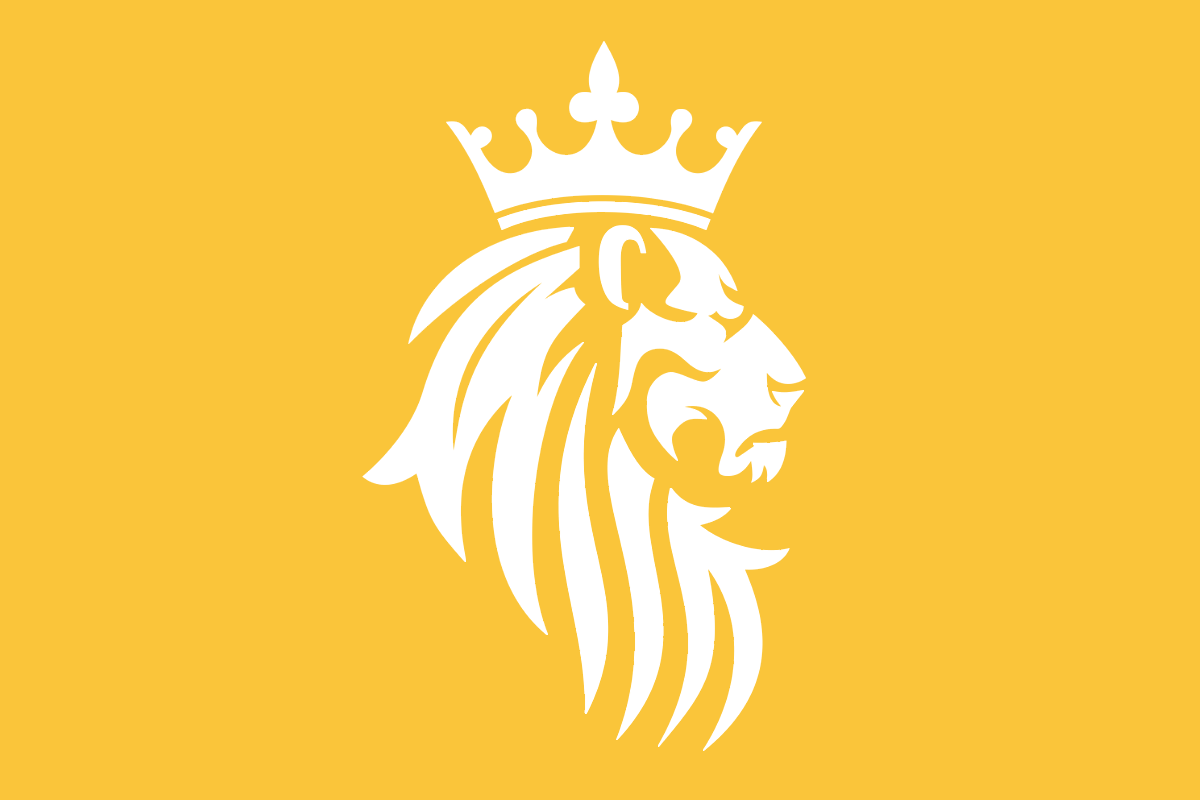The Faith
The faith is a monotheistic religion practiced by the races of Edelweiss which is centered around the worship of the God King Elior, a winged white lion wreathed by a crown of gold, who was summoned to the mortal world by the summoner-priests of Edelweiss on the first hour of the first day of the 4300th year of creation. It is the largest religion on the continent of Leiren, though the Commandments of Elior have not spread far outside the kingdoms of the west.
The worship of Elior can measured by two distinct periods, before the Summoning and after it. While the Faith was characterized by a powerful devotion to a series of Virtues, which included bravery, honesty, and charity. The period following the Summoning to the modern day has seen a change in the tenets of the Faith to a religion that holds obedience and piety sacred above all else. This change has mostly been felt in the knightly class of the peoples of Edelweiss, whereas the clergy still largely holds to the old ways of the Faith.
The Old Ways, and the New
Before the Summoning, the Faithful followed a series of commandments handed down by Elior to the first knights of the Kingdom. It was a simple creed, but one which spread easily throughout Leiren in the mountains and in the weald. These commandments focused on the Old Virtues, and how every knight who fought in Elior's name must conduct themselves. They were as follows:- I am the LORD thy God, and thou shall be faithful to me in all ways.
- All creatures thy LORD hath made art thy kin, and thou shall honour them in all ways.
- Life is sacred, and thou shall not take it in vain.
- Thou shall show greatness in thy virtue. To forsake thine virtue is to forsake thine LORD.
- Keep holy the light of thy LORD, and share of it with all.
- I am the LORD thy God, and thou shall serve thy LORD.










Comments